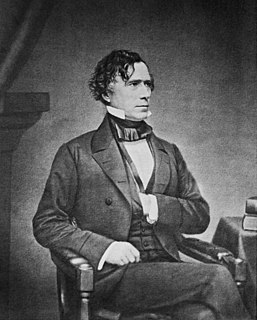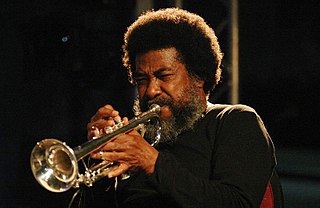A Quote by Robert Musil
... we engage in politics because we don't know anything. This is clearly revealed in the way we go about it. Our parties exist from a fear of theory. The voter fears that one idea can always be contradicted by another. Therefore the parties reciprocally defend themselves against the few old ideas they have inherited. They don't live from what they promise, but from frustrating the promises of others. This is their silent community of interests.
Related Quotes
There are three possible ways to react to right-wing extremist parties. The first is to act as though they don't exist and to no longer risk taking political initiatives that could get these parties against you. The second reaction is to chase after these right-wing extremist parties in fascination. The third is to say, these people are my true enemies and to engage them in battle.
One thing I have frankly decided is that when it comes to political reform we have two conservative parties in British politics. Both the Labour and Conservative parties have constantly and repeatedly failed to honour promises they have made about reforming, cleaning, modernising our clapped-out system.
Men by their constitutions are naturally divided into two parties: 1. Those who fear and distrust the people, and wish to draw all powers from them into the hands of the higher classes. 2. Those who identify themselves with the people, have confidence in them, cherish and consider them as the most honest and safe, although not the most wise depositary of the public interests. In every country these two parties exist, and in every one where they are free to think, speak, and write, they will declare themselves.
The misfortune of others is our misfortune. Our happiness is the happiness of others. To see ourselves in others and feel an inner oneness and sense of unity with them represents a fundamental revolution in the way we view and live our lives. Therefore, discriminating against another person is the same as discriminating against oneself. When we hurt another, we are hurting ourselves. And when we respect others, we respect and elevate our own lives as well.
I don't go to celebrity parties a lot. I don't really enjoy them because I really like going for it in parties. And sometimes at celebrity parties, there is no dancing on tables because people... it can be a little judgmental at times. So I tend not to go unless it is Taylor Swift's birthday party; then it's amazing.
However, community is first of all a quality of the heart. It grows from the spiritual knowledge that we are alive not for ourselves but for one another.
Community is the fruit of our capacity to make the interests of others more important than our own.
The question, therefore, is not 'How can we make community?' but, 'How can we develop and nurture giving hearts?'
I think frustration unfortunately, reflects a real breakdown in the political parties themselves, which is fascinating because our constitution did not anticipate political parties. They're not even written in the Constitution, there's no guidelines. When we look at the arcane processes of delegate selection in the primaries and caucuses, it's not in the Constitution. This is all created post Constitution. And yet I think we're in the middle of tensions between and within the political parties. They're not functioning that well.






































